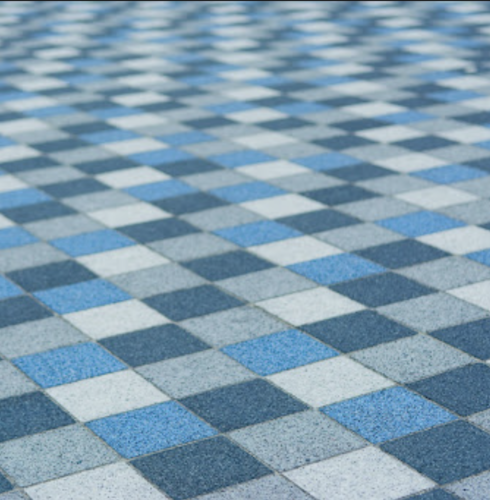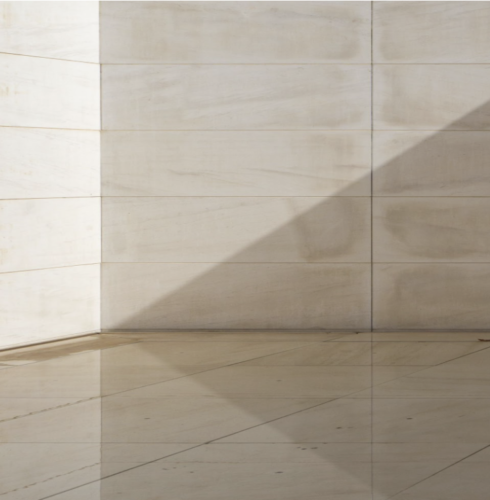Are Marble Tiles Slippery?
Marble tiles have been a popular choice for flooring, countertops, and backsplashes for centuries due to their beauty, durability, and elegance. However, one common question that arises when considering marble tiles is whether they are often slippery or not. The answer to this question is a complex one, as many factors come into play.
Considerations to Keep in Mind
Firstly, it’s important to understand that marble is a natural stone , and there are many different types of marble with varying textures and finishes. Some types of marble are more slippery than others, while others are less so. For instance, polished marble is generally more slippery than honed or brushed marble. The polishing process smooths out the marble’s surface, reducing its ability to grip shoes or other surfaces. Honed or brushed marble, conversely, has a matte finish and a slightly rougher surface that can provide more traction.
The level of the slipperiness of a marble tile also depends on the finish, which can be classified as natural, honed, polished, or tumbled. Natural finish marble tiles tend to be the least slippery, as they have a rougher surface with natural imperfections that provide traction. Honed finish marble tiles have a matte surface that is smooth but not polished. This finish is slightly more slippery than the natural finish but provides good traction.
Polished finish marble tiles have a mirror-like shine and a smooth surface that can be quite slippery, especially when wet. Finally, tumbled finish marble tiles have a rough and textured surface that provides good traction but can also be susceptible to staining due to their porous nature.
Are Marble Tiles Slippery? – The Surrounding Environment
Another factor that can affect the slipperiness of marble tiles is the environment in which they are installed. If marble tiles are installed in a frequently wet area, such as a bathroom or a pool area, they can become slippery, regardless of their finish or texture; this is especially true if the tiles are not properly sealed, as moisture can seep into the pores of the marble and create a slick surface.
Moreover, a person’s footwear can also impact the slipperiness of marble tiles. For instance, high heels, shoes with leather soles, or rubber soles with little traction can make marble tiles more slippery. Bare feet can also make marble tiles slippery, especially if the feet are wet.
In addition to the type of marble tile and the environment, the likelihood of accidents happening on marble tiles also depends on the level of foot traffic. The more frequently a surface is walked on, the greater the likelihood of accidents. Therefore, it is essential to consider the level of foot traffic when selecting the type of marble tile to use.
The slipperiness of marble tiles depends on several factors, such as the type of marble, the finish, the environment, footwear, and foot traffic. Some types of marble tiles, such as polished finish tiles, can be more slippery than others, such as natural finish tiles. However, with proper installation, sealing, and regular cleaning, marble tiles can provide an elegant and durable surface that is not overly slippery. It is always recommended to consult with a professional when selecting and installing marble tiles to ensure that they are safe and provide the desired level of traction.
To learn more about marble or other natural stone tile solutions, please visit our tile store in Natick, MA!
The post Are Marble Tiles Slippery? appeared first on Tiles Plus More.



